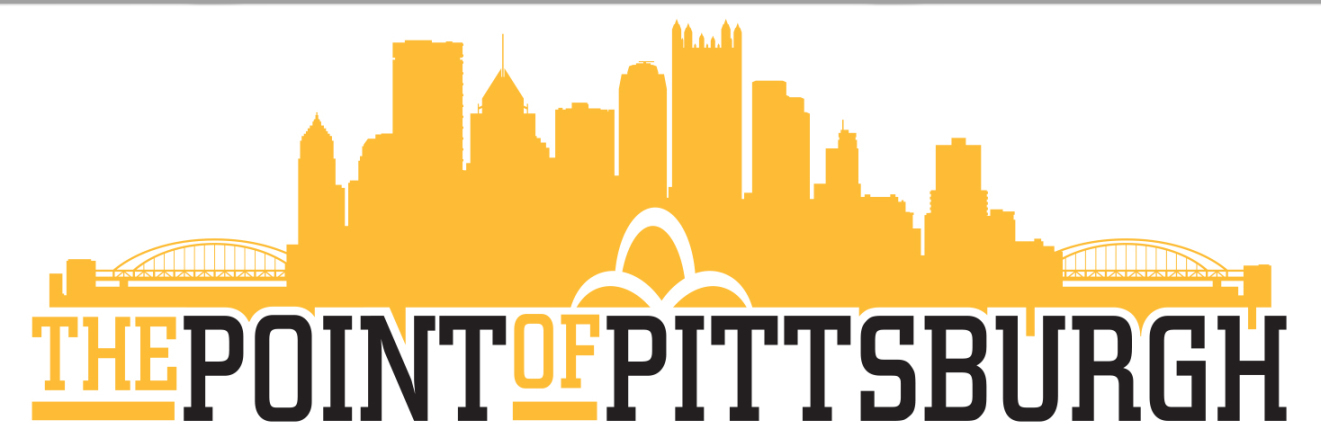What’s The Big Idea? — Pittsburgh And The Smarter City

It’s time for us to have a two-way, working relationship with our urban environments
Photo via L’Atelier
Welcome to ‘What’s The Big Idea?’ week here at TPOP. We’re going to do an article each day from our writers about what they’d like to see changed in Baseball, Football, Hockey, and Pittsburgh.
We wrap us this week’s mini-series with an idea for how our beloved Pittsburgh can change for the better. Mayor Peduto is a forward thinker with his finger on the pulse of technology. Now is the chance for him to set the stage for Pittsburgh to be ahead of the design curve, rather than cautiously waiting for ten other cities to do something first, then apply it to Pittsburgh.
It’s time for Pittsburgh to become a “smart city”. By that terminology, I mean Pittsburgh can blend information technologies into infrastructure to allow Pittsburgh to monitor and repair itself. This may all sound a little sci-fi/hokey to you, but the technology exists already.
Imagine a building with sensors that monitor solar rate absorption and outside temperature to more efficiently heat and cool buildings. Imagine a building that generates its own energy by converting outside algae into biofuel. Imagine windows that automatically tint to conserve energy on sunny days. Imagine a building hard-wired directly into a true smart grid of technology.
Streetlights with sensors that track their own energy efficiency, but also relay information about available parking, traffic congestion, or ambient noise. Installing advanced metering on pipelines so that the meters may be able to alert humans to cracks in their pipes ahead of catastrophic breaks.
In essence, right now cities are inert objects that humans have a one-way relationship with at all times. Smart cities allow interaction between cities and humans, like a baby learning to communicate what is wrong to its parents for the first time, so that our relationship would become symbiotic, instead of parasitic.
A city where the streets are embedded with an array of sensors to monitor traffic flow could greatly alleviate traffic congestion so that you don’t have to stop for a red light when no one else is waiting to come out of a side street. It could keep the mainline flowing during peak times so that traffic won’t get snarled.
Two of the smartest smart cities in the world right now are in the Songdo International Business District (in Incheon, South Korea) and Santander, Spain. Songdo is a test case on 1,500 acres of reclaimed waterfront land, while Santander is a port city in Spain that has been outfitted with over 12,000 sensors to monitor all forms of energy consumption and traffic patterns. The world is becoming urbanized. Today, nearly half of the world’s population lives in urban areas. By 2030, that will increase to 60 percent and by 2050 to 75 percent. Cities will absorb that influx of growth.
Pittsburgh has the chance to jump into the world of next-gen smart cities with an upcoming development that seems ripe for this application. The Almono planned development in Hazelwood could easily incorporate a smart grid and energy monitoring sensors into its construction. It’s already touting sections like Smart Site Central Green and Eco-Tech Park. This is a ground-up development, so there won’t be the typical concerns about retrofitting a building. This would have to be a public-private partnership to fund it properly, but there are a whole host of companies (I’m sure Google here in Pittsburgh and Cisco nationally) that would jump at the chance to create an imprint.
It’s time for Pittsburgh to be on the leading edge. What better way to shed the Smoky City label once and for all than by becoming a leader in the integration of humans, information tech, energy conservation, and infrastructure? All it takes is vision and courage to break the mold and dare to be different.






Leave a comment